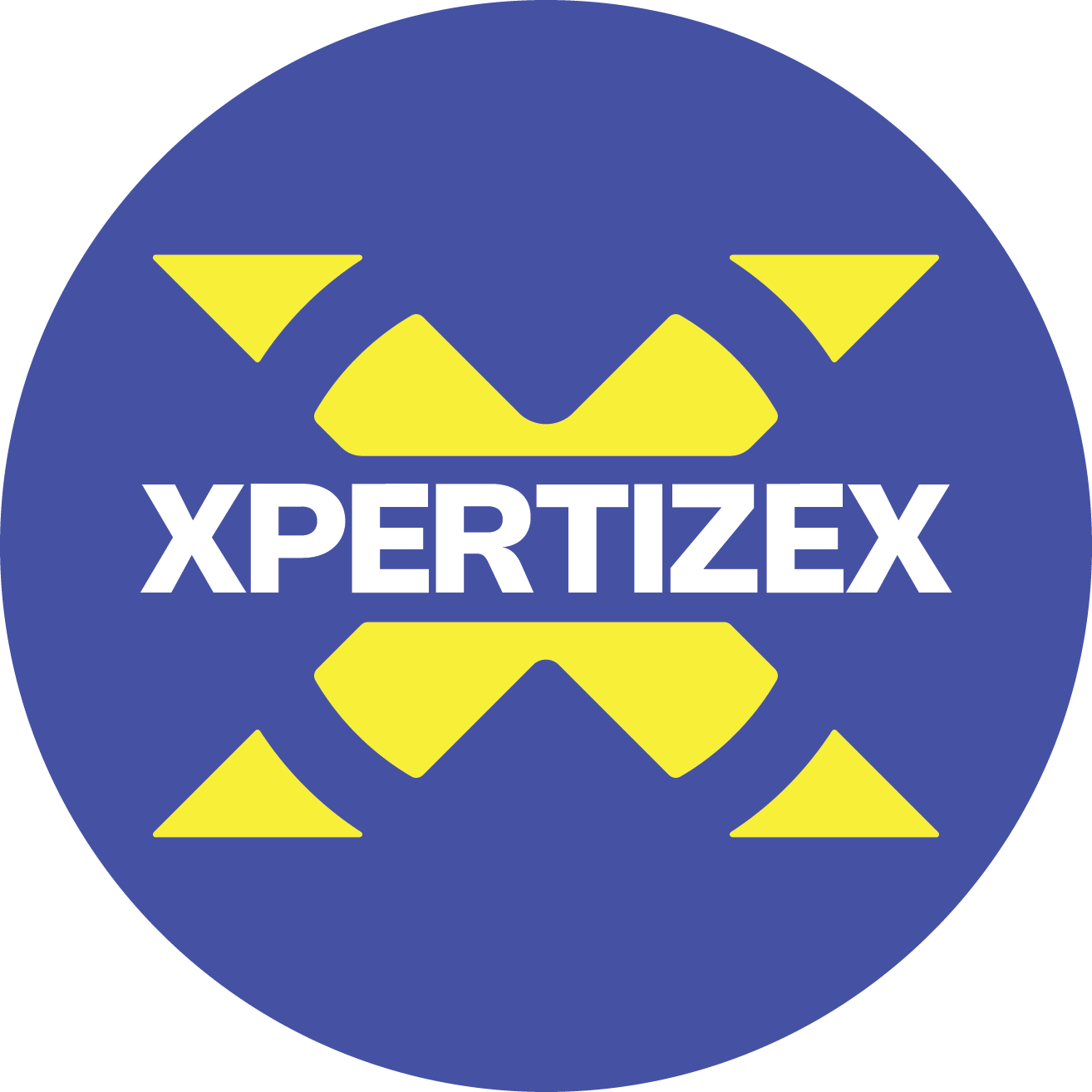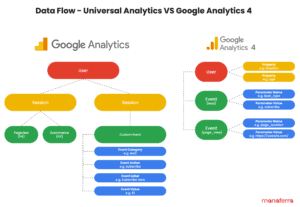In today’s digital age, social media has become an integral part of our personal and professional lives, and so is social media management. Whether you’re an individual looking to stay connected with friends and family or a business aiming to reach a broader audience, social media platforms offer powerful tools for communication and promotion. However, managing multiple social media accounts can be overwhelming, and time-consuming, and can divert your attention from more critical tasks. This is where social media management comes into play, helping you streamline your online presence and free up valuable time to focus on what truly requires your attention.
Table of Contents
ToggleThe Social Media Overload
The rise of social media platforms over the last two decades has led to an explosion in content creation and consumption. From Facebook and Twitter to Instagram, LinkedIn, TikTok, and countless others, individuals and businesses are expected to maintain a presence on multiple platforms to engage with their audience effectively. While social media can be a potent tool for building brand awareness, connecting with customers, and driving sales, it can also be a significant source of distraction and stress.
Consider the daily tasks associated with managing social media accounts: creating and curating content, responding to comments and messages, monitoring analytics, scheduling posts, and staying up-to-date with the latest trends and algorithms. These responsibilities can quickly become overwhelming, leaving little time and energy for more critical aspects of your personal or professional life.
The Importance of Prioritization
To succeed in any endeavor, prioritization is key. In a world where there is a seemingly endless stream of information and tasks vying for your attention, knowing what requires your focus is essential. This is where social media management tools and strategies come to the rescue, allowing you to regain control over your digital presence and allocate your time more efficiently.
Streamlining Content Creation and Scheduling
One of the most time-consuming aspects of social media management is content creation and scheduling. Whether you’re running a business or managing personal accounts, regularly generating engaging and relevant content can be a daunting task. Social media management tools, such as Hootsuite, Buffer, and Sprout Social, provide features that allow you to plan and schedule posts in advance. This means you can set aside dedicated time to create content and then schedule it to be posted at optimal times, even when you’re not actively online.
By streamlining content creation and scheduling, you can reduce the daily stress of having to come up with new posts on the spot and instead focus on crafting high-quality content that resonates with your audience. This approach also ensures a consistent online presence, which is crucial for building brand identity and maintaining audience engagement.

Effective Engagement and Community Management
Interacting with your audience is a fundamental aspect of social media, but it can also be a time-consuming task. Social media management tools provide features that help you efficiently engage with your followers. They consolidate comments, mentions, and direct messages from various platforms into a single dashboard, making it easier to respond promptly and maintain a positive online presence.
Moreover, these tools can automate responses to frequently asked questions or common inquiries, further reducing the time spent on routine interactions. This not only frees up your time but also ensures that your audience receives timely and consistent responses, enhancing their experience with your brand.
Monitoring and Analyzing Performance
To make informed decisions about your social media strategy, it’s crucial to monitor and analyze your performance regularly. Social media management tools offer comprehensive analytics that tracks key metrics such as engagement, reach, clicks, and conversions. By having access to this data in one centralized location, you can quickly assess the effectiveness of your social media efforts and identify areas that require improvement.
Analyzing performance data also allows you to adjust your content strategy, posting schedule, and advertising campaigns to better align with your goals. This data-driven approach can significantly enhance the impact of your social media marketing efforts while saving you time by eliminating the need to manually collect and analyze data from multiple sources.
Staying Informed and Adapting to Trends
The world of social media is constantly evolving, with new trends, features, and algorithms emerging regularly. Staying informed about these changes is essential for maintaining a competitive edge in the digital landscape. Social media management tools often include features that keep you updated on the latest industry news and trends, ensuring you’re always in the know.
Additionally, these tools can help you adapt to changes in algorithms and audience behavior. For instance, they can suggest optimal posting times based on when your audience is most active or provide insights into which types of content are currently performing well. By staying ahead of the curve and adjusting your strategy accordingly, you can maintain a strong online presence and continue to engage with your audience effectively.
The Human Touch: Authenticity and Creativity
While social media management tools are invaluable for streamlining processes and saving time, it’s important not to lose the human touch in your online interactions. Authenticity and creativity are still key drivers of success in the digital world. Automation should complement your efforts, not replace them entirely.
Use the time you save with social media management tools to foster creativity and authenticity in your content. Share personal stories, behind-the-scenes glimpses, and user-generated content to connect with your audience on a deeper level. Remember that social media is a two-way street, and building genuine relationships with your followers can lead to long-term loyalty and advocacy.
Conclusion
In an age where social media is both a blessing and a curse, effective social media management can be your saving grace. By streamlining content creation and scheduling, enhancing engagement and community management, and providing valuable insights through analytics, social media management tools enable you to regain control over your online presence.
Rather than being overwhelmed by the constant demands of social media, you can focus your attention on what truly requires it: creating compelling content, building authentic relationships with your audience, and adapting to the ever-changing digital landscape. In doing so, you can harness the power of social media as a tool to achieve your personal or professional goals while maintaining a healthy work-life balance. So, embrace the advantages of social media management and make it work for you, not against you.





